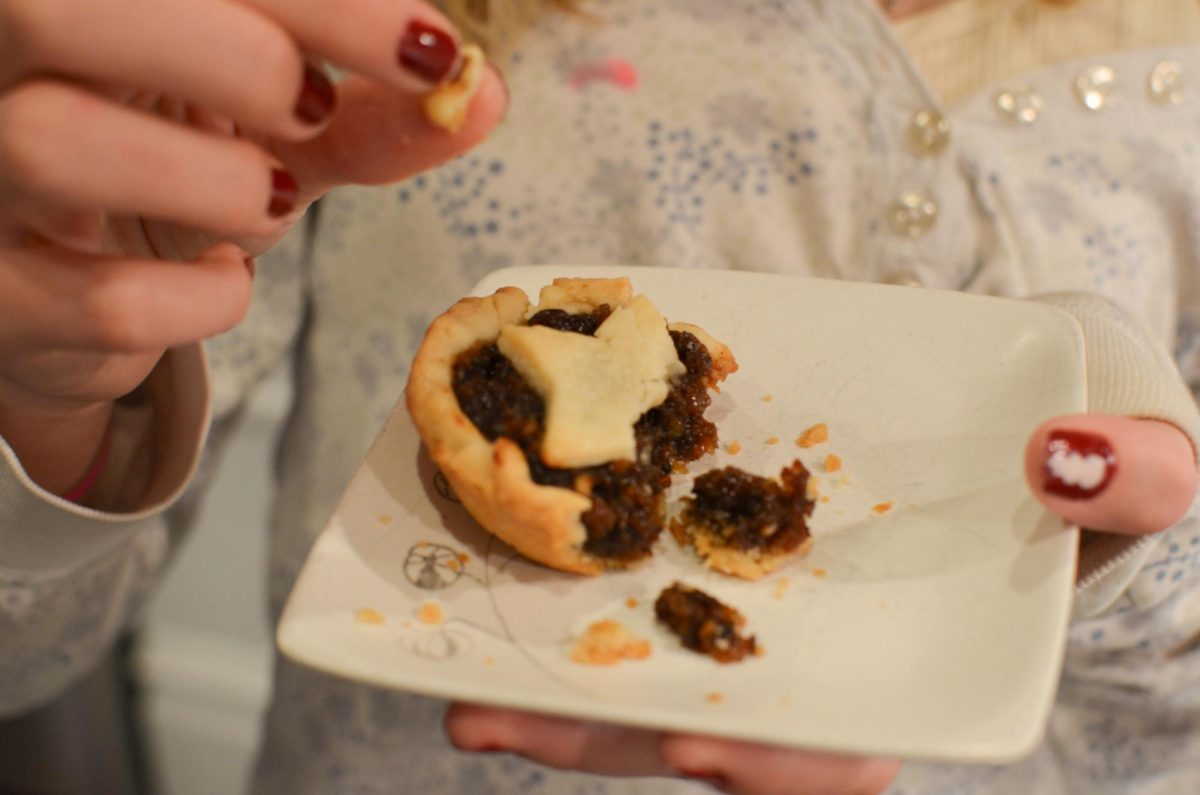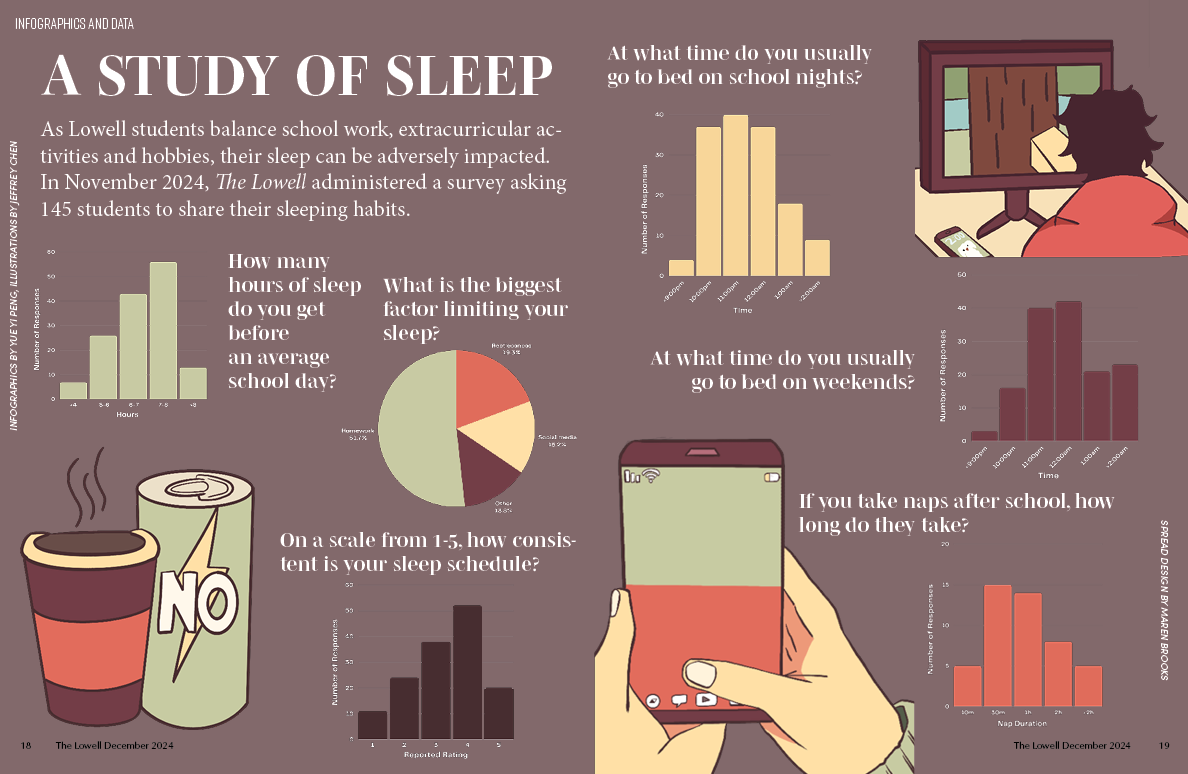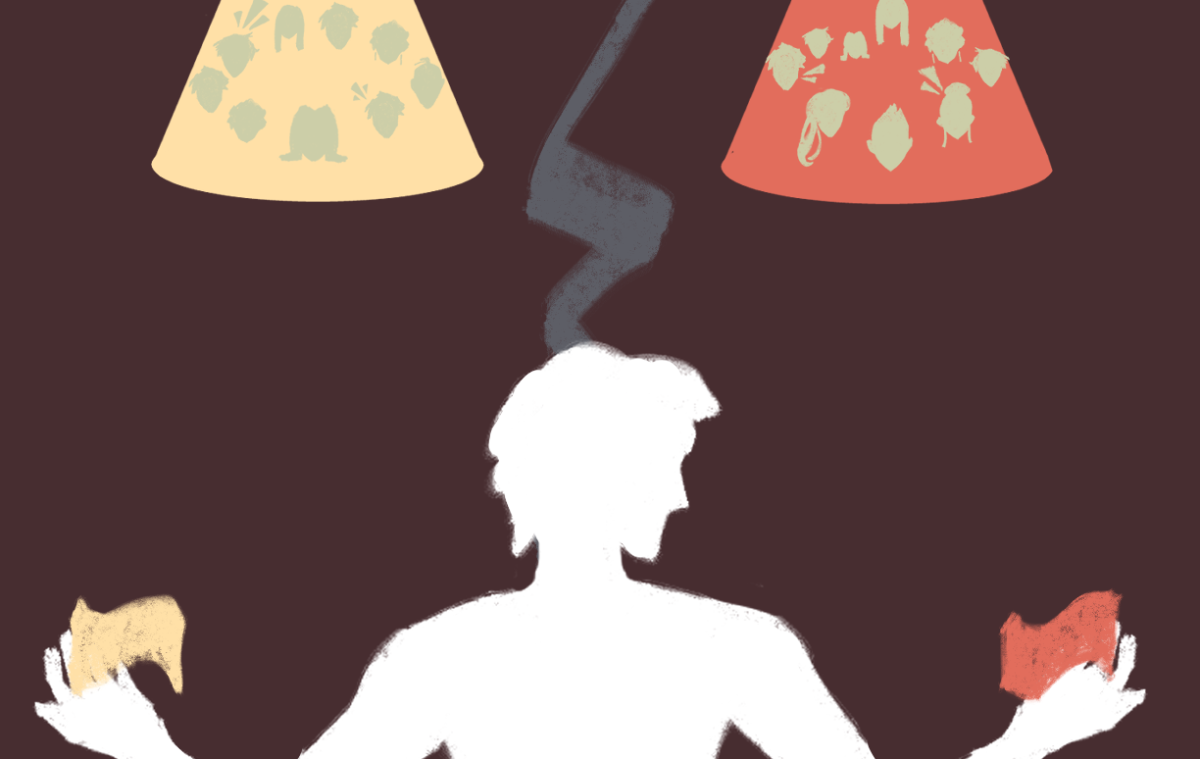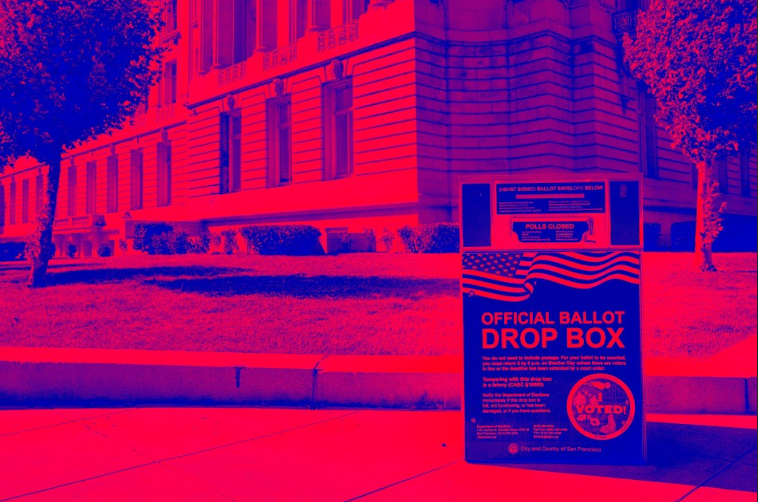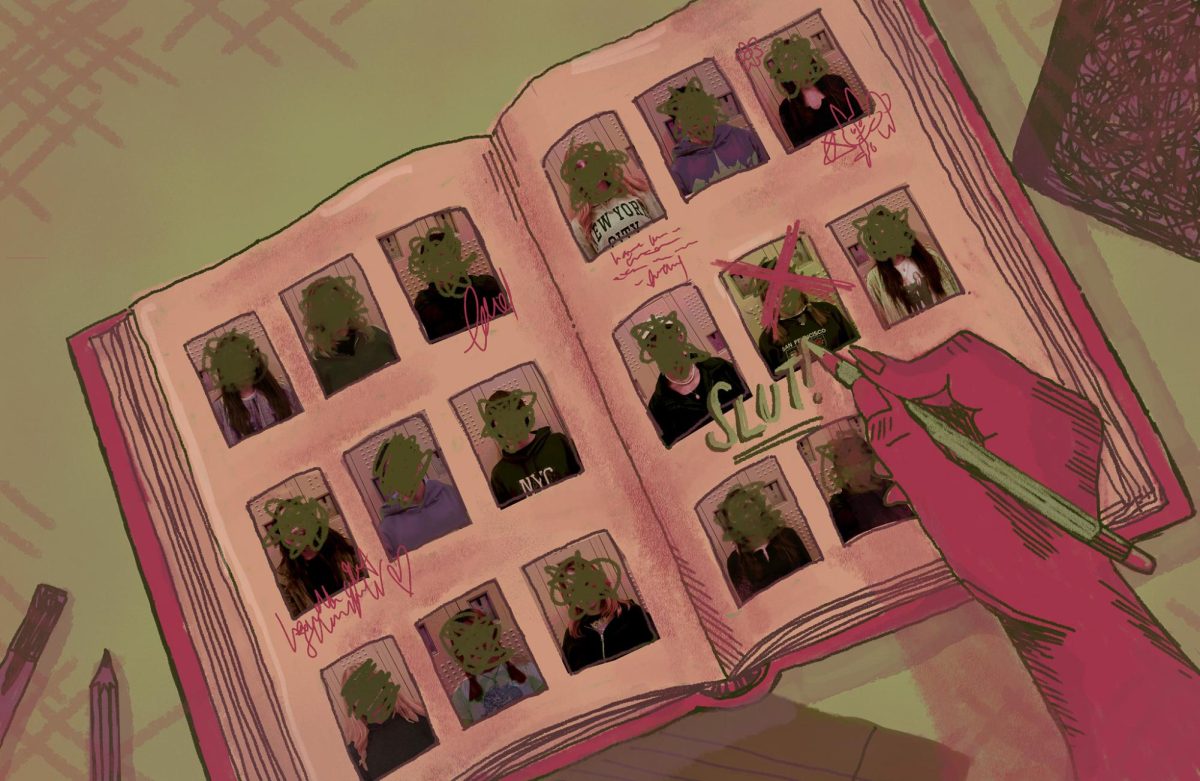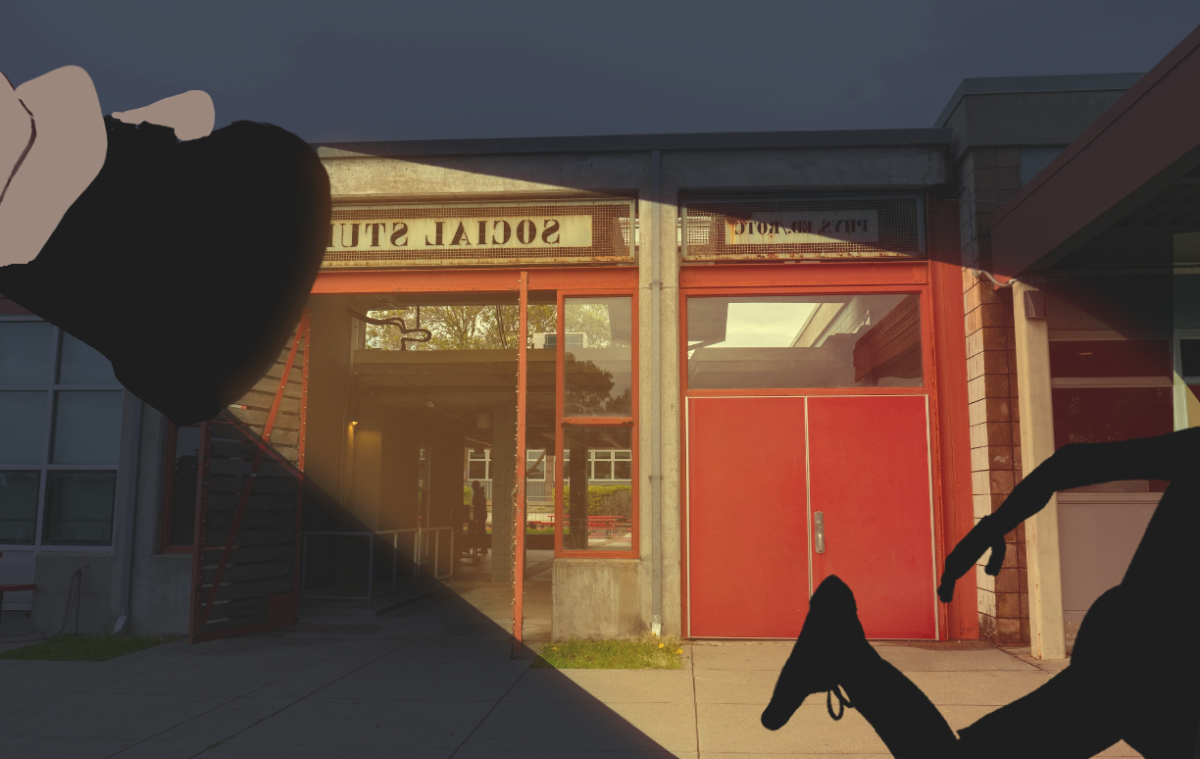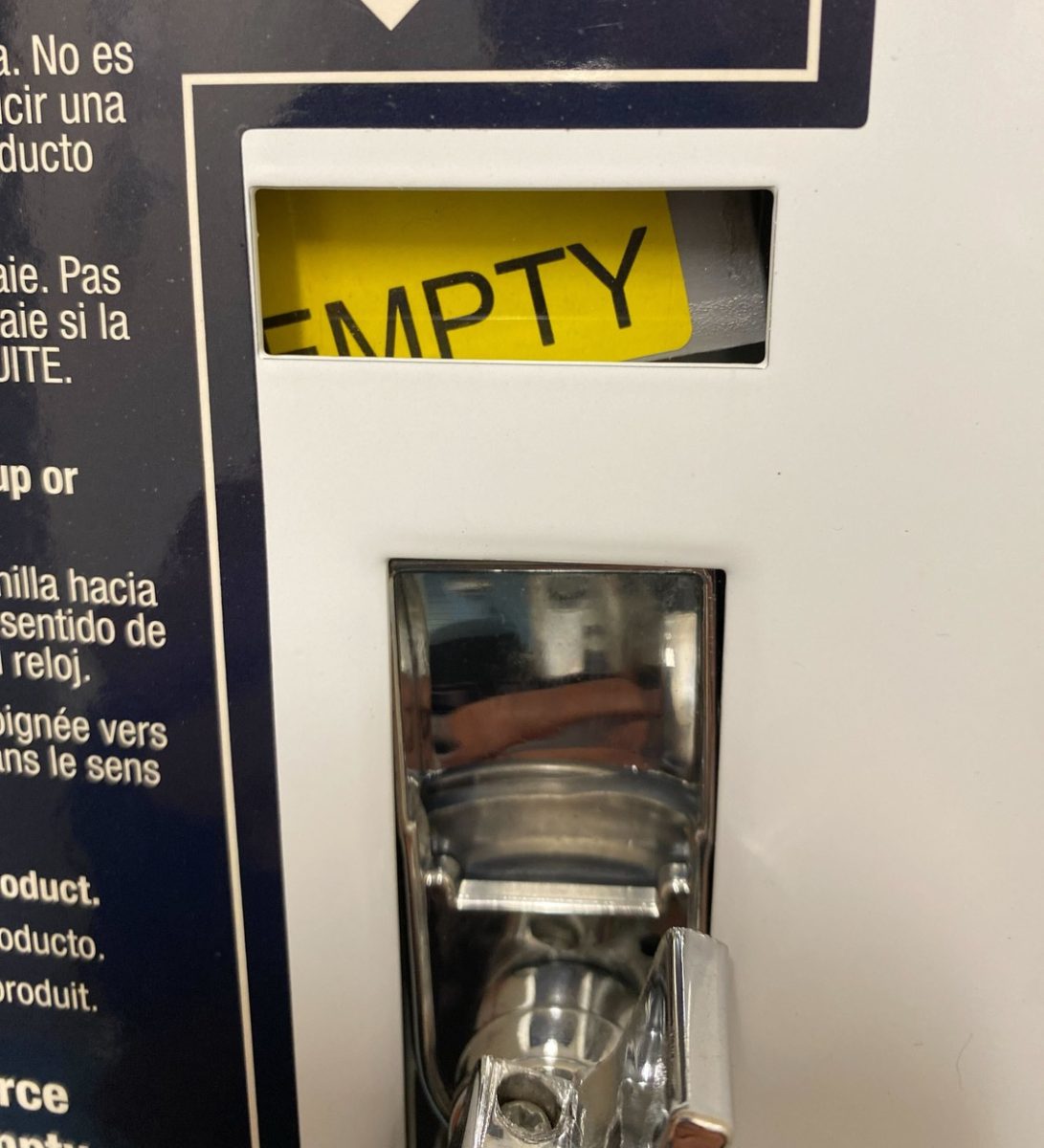Originally published on June 25, 2015
Their hours of downtime had been, for the most part, stressful and exhausting. Senior Jennifer Chan and junior Alexandra Carey had acquired a frightening amount of knowledge on oceans and nuclear policies, senior Eli Pollock and junior Thomas White had pored through 40 issues of The New York Times back-to-back, and junior Katherine Young had recited Emma Watson’s speech on gender inequality many times in her British accent.
“A lot of people were just like, ‘Oh, this is just another feminist speech.’”
The Lowell Forensics Team sent five competitors to the three-day 2015 California High School Speech Association State Tournament on April 17. Chan and Carey competed in policy debate, Pollock and White competed in parliamentary debate and Young competed in Oratorical Interpretation. To qualify for the state tournament, competitors had to either win all but one of the three annual league tournaments or place in the top 6 out of 50–60 people at the state qualification tournament.
Policy debate partners Chan and Carey won four out of six rounds, narrowly missing quarterfinals. Policy is a form of debate competition in which teams of two argue for or against a resolution that calls for policy change by the U.S. federal government. This year’s proposition states that the U.S. federal government should substantially increase its non-military exploration and development of the Earth’s oceans.
“We’ve been working on making our arguments more powerful and cornering our opponents into saying things that will hurt them later.”
Policy debaters often talk very quickly in order to make as many arguments and provide as much evidence as possible within the time constraint. “While for the non-initiated it can seem like gibberish when we talk so fast, it’s actually a useful tool that allows us to relay more arguments in a greater depth,” Carey said.
Parliamentary debate partners Pollock and White won one out of three rounds before they were eliminated from the competition. Parli is an impromptu form of debate in which competitors are assigned to one side of a random topic 20 minutes before their round starts. “The stakes were really high,” White said. “It was my last tournament with my partner. I made a lot of mistakes, but I think I understand a little better not only my own strengths and weaknesses, but how argumentation itself works. We’ve been working on making our arguments more powerful and cornering our opponents into saying things that will hurt them later.”
Pollock admitted that the loss was disappointing. “I didn’t gain as much from going to State as I had hoped,” he said. “It was a great experience bonding with my partner and getting to know other Forensics members, but we compete to win and in that sense, I was disappointed. There were teams we had beaten on multiple occasions that made it further than us.”
For her oratorical interpretation, Young placed third in her first round and seventh in both her second and last rounds. Oratorical interpretation is an individual event in which the competitor delivers a published speech. As a proclaimed feminist, Young had to learn to accept that some people would not take her speech seriously. “A lot of people were just like, ‘Oh, this is just another feminist speech,’” she said. “I really wanted to get people to realize that feminism is the same thing as gender equality and includes both men and women.”
“We had to be amphibious to adapt to the different type of judges varying from professional coaches to disinterested parents to sleepy teenagers.”
Chan and Carey believe that the judges appeared disinterested at times. “My partner and I had a running joke that we were like disgruntled frogs,” Chan said. “We had to be amphibious to adapt to the different types of judges varying from professional coaches to disinterested parents to sleepy teenagers.”
Despite losing a great amount of members last year, Lowell Forensics was able to build their way up to a successful year. “We had to build an invitational team nearly from the ground up,” White said. “At the beginning of this year, I was expecting a build year. Instead, I got one of the best years I can remember.”
White has high hopes for Lowell Forensics next year. “With such a wonderful and dedicated group of people, it has the potential to be one of our best years ever,” he said. “I believe we have a chance not only to send people to States and the late rounds of invitationals, but to be one of the best Parli teams in California.”


